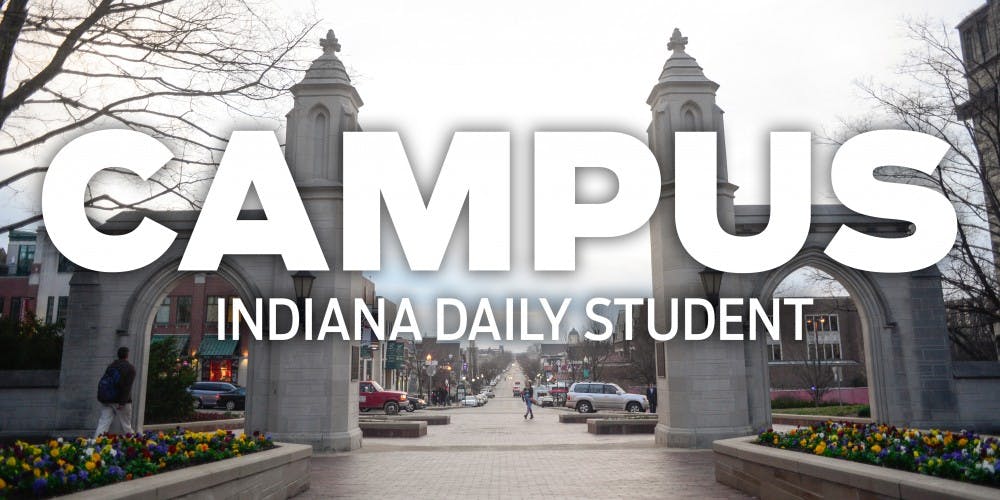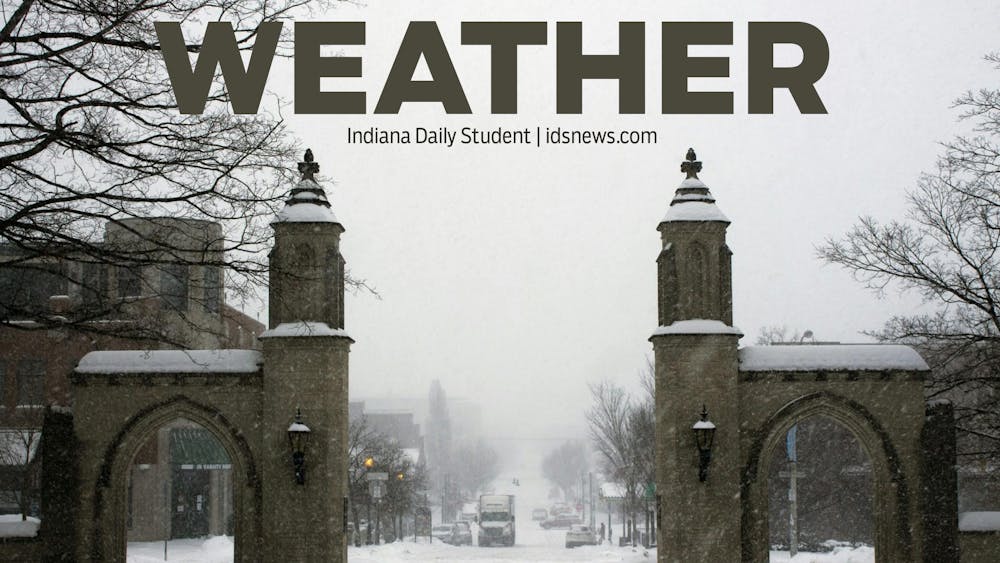Many students have been in high-stakes academic situations that have tempted them to cheat. How students fared on the test or paper isn’t what defines them, associate professor John Beggs said. What defines them is whether or not they decided to cheat.
IU professors and instructors can’t stop students from cheating, but they must report them for failing to uphold their promise to maintain academic honesty.
As the standards for university students increase, the occurrence of academic misconduct does as well, Beggs said.
“I’m sure they rationalize it,” Beggs said, “They’ll say something, like ‘Cheating on this exam is okay. It’s a bad time for me right now. I’ll go back and learn it later.’”
A couple of years ago, Beggs was approached by a student who worked with him in a lab, he said. She confessed that, a year ago, a group of students in the back of his lectures took photos of their answers and sent them to each other.
Although Beggs said he thinks technology makes cheating easier for students, he said it’s not the issue. Instead, the issue is a shifting sense of ethics that contributes to many students’ thinking cheating is not that big of a deal, Beggs said.
At modern universities Beggs said there is a big discrepancy in what students view to be ethical academic behavior. Some students think it’s acceptable to cheat on quizzes but not acceptable to cheat on tests. Other students think it doesn’t matter whether they cheat, as long as they learn the material later, he said.
Some people make excuses for themselves when it comes to cheating because it’s human nature to rationalize and defend your actions. He said people always want to think they are the good guy, so they create different levels of ethical behavior.
“I’d fudge my taxes, but I’d never steal money from anyone,” Beggs said as an example.
To uphold student standards and maintain the University’s reputation, professors and instructors are required to report all incidents that cause them to believe a student has engaged in academic dishonesty.
There are multiple situations that can fall under the category of academic dishonesty, said Mindy Metzcar, the assistant director of the Student Advocates Office. Two of the most common are plagiarizing a paper and cheating on an exam.
Although Metzcar said she does think plagiarism and cheating are issues at universities, she does not think it is where the issue begins. The education of ethical behavior should begin in elementary school and continue in high school, she said.
By the time students reach a university, they should understand what is ethical regarding academic misconduct. Metzcar said it is difficult to ensure all university students have a common understanding of this issue because they come from different educational backgrounds.
“More often than not, academic misconduct occurs through mistake, not with the intention of cheating,” Metzcar said.
Although academic misconduct calls into question a student’s ethical academic behavior, Metzcar said it does not define a student’s academic future. The Student Advocates Office works with students so they have a successful future, free of academic misconduct.
“My concern has more to do with ensuring students have all the information they need to be successful,” Metzcar said, “We’re here to help answer questions. We’re a place students can come and connect to all resources available to them.”






